State Policy on Improving the Innovative and Ecological Competence of Pedagogical Staff
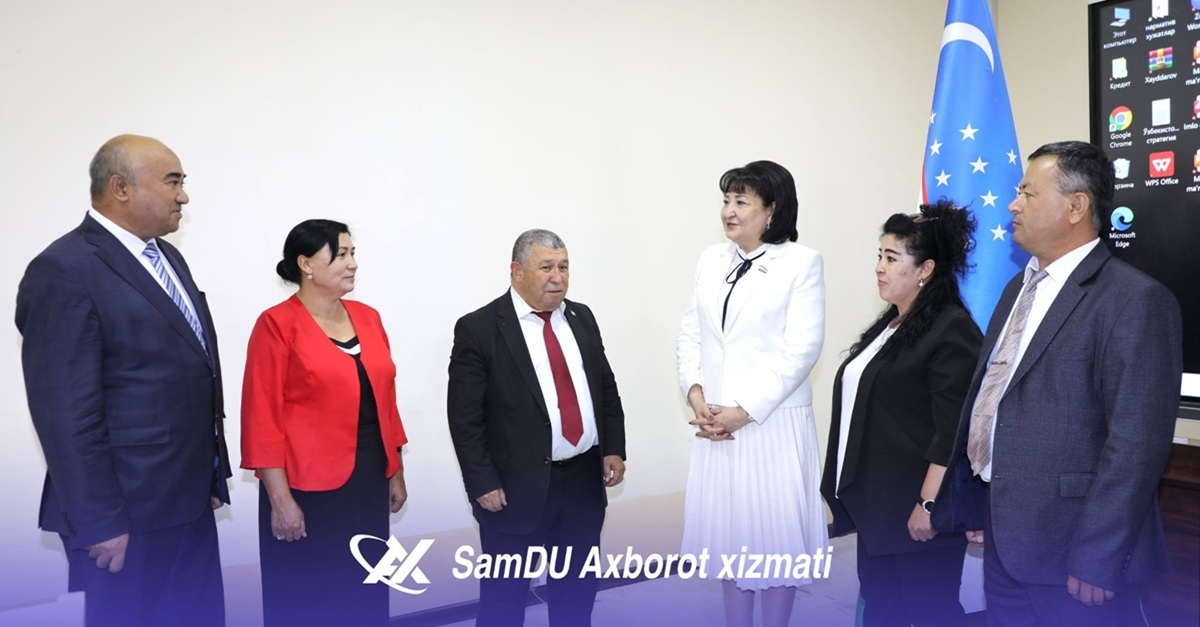
Today, solving environmental problems, protecting the environment, and forming an ecological culture among the population are becoming global issues. The Republic of Uzbekistan is also actively participating in these processes, being recognized as a key initiator of environmental policy not only at the national but also at the international level.
In this regard, a seminar-training on the topic “State Policy on Improving the Innovative and Ecological Competence of Pedagogical Staff” was held on September 20, 2025, at the Regional Center for Retraining and Professional Development of Pedagogical Staff at Sharof Rashidov Samarkand State University, which holds great significance. At the event, Zebiniso Rahmanova – a Member of the Legislative Chamber of the Oliy Majlis of the Republic of Uzbekistan, a researcher at the Institute for Retraining and Professional Development of Higher Education System Personnel under the Ministry of Higher Education, Science, and Innovations, a Candidate of Biological Sciences, and an Associate Professor – shared her experience and scientific views with the listeners of the “Biology” program.
The seminar paid special attention to the environmental policy pursued in our country, including issues of cooperation with international organizations. In particular, documents from prestigious organizations such as UNESCO and UNEP, as well as projects like “Man and the Biosphere”, “European Environmental Education”, “Ecological Culture”, and “World Culture”, were analyzed. These initiatives are aimed at developing ecological consciousness and culture for human progress and the well-being of future generations.
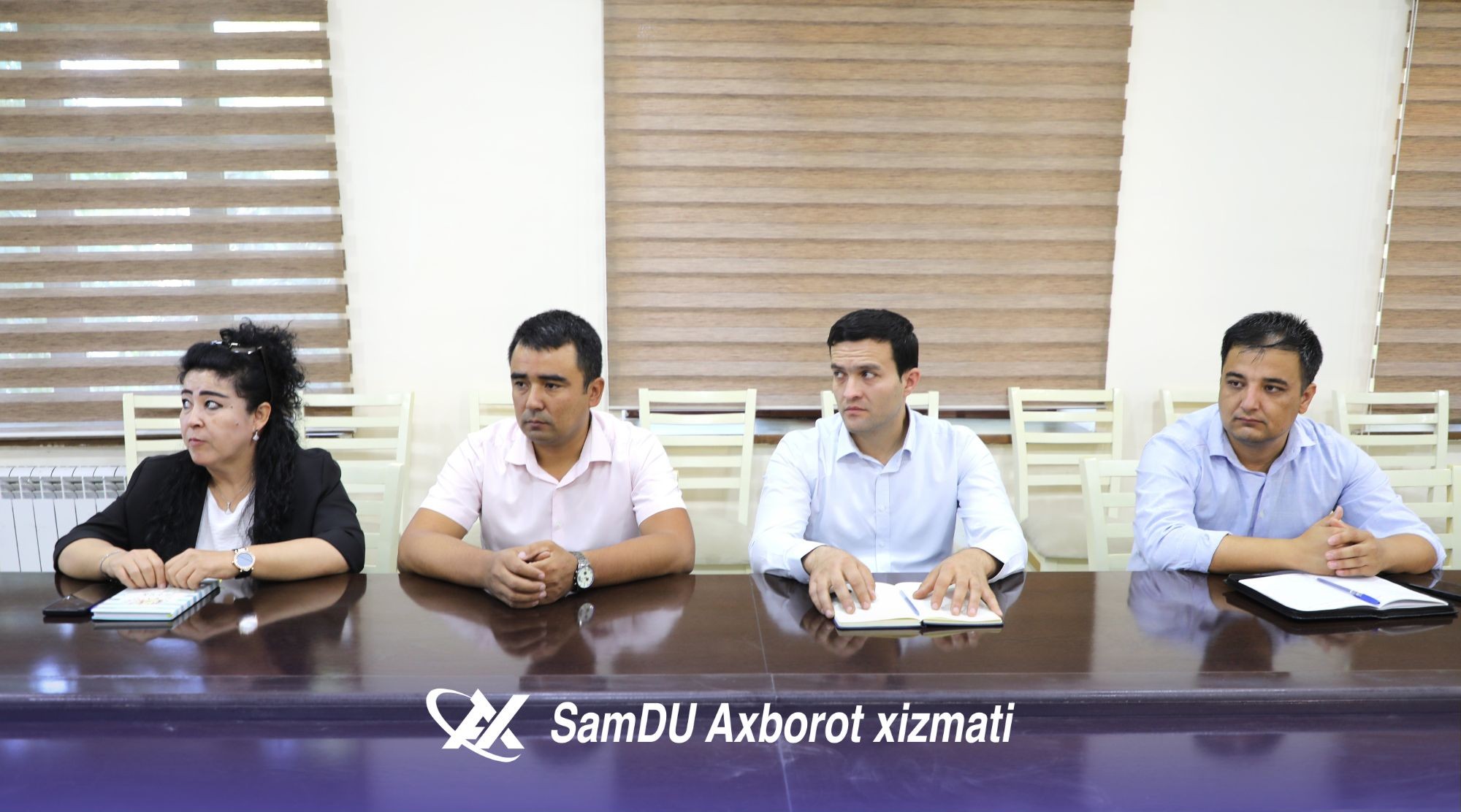
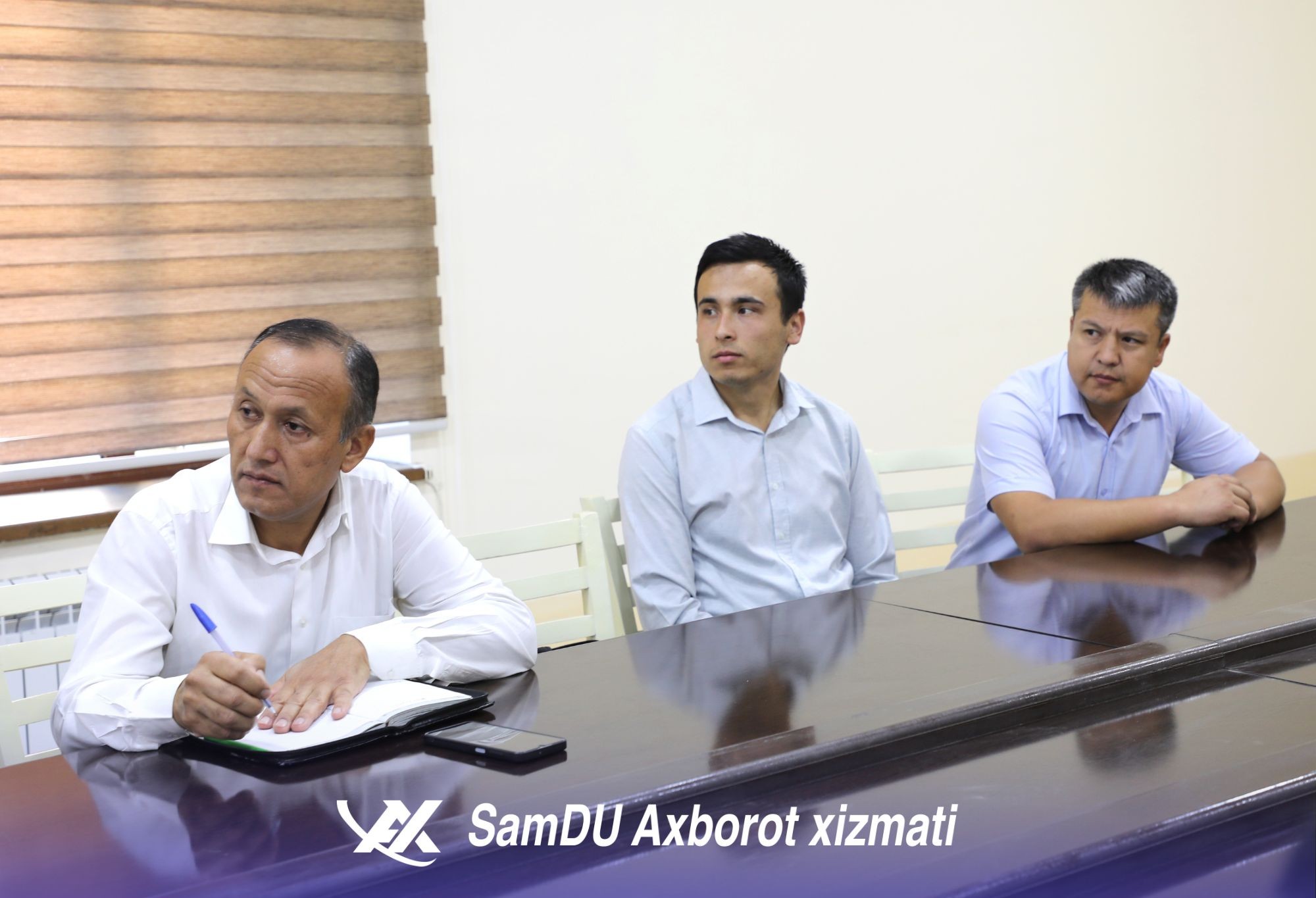
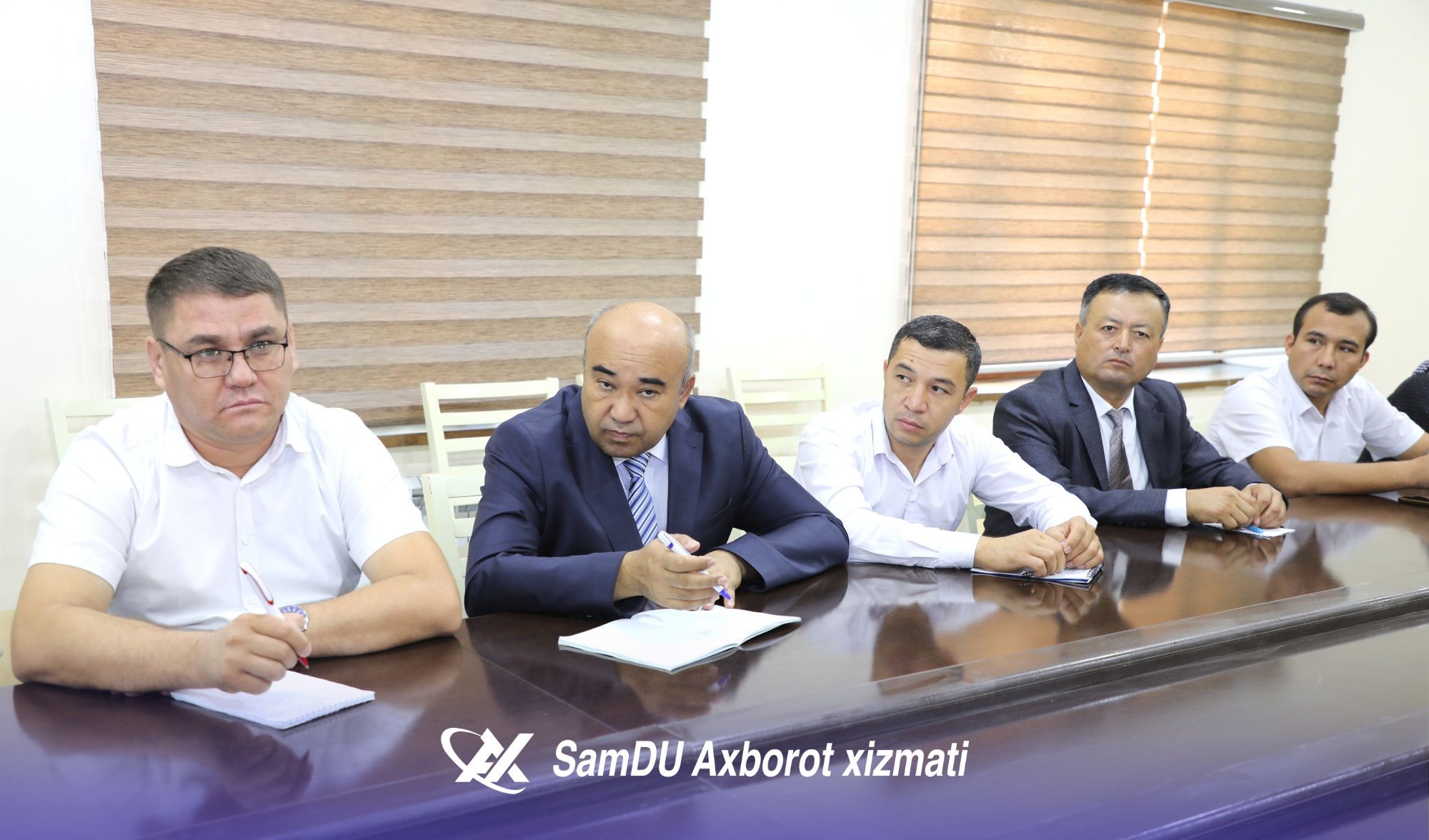
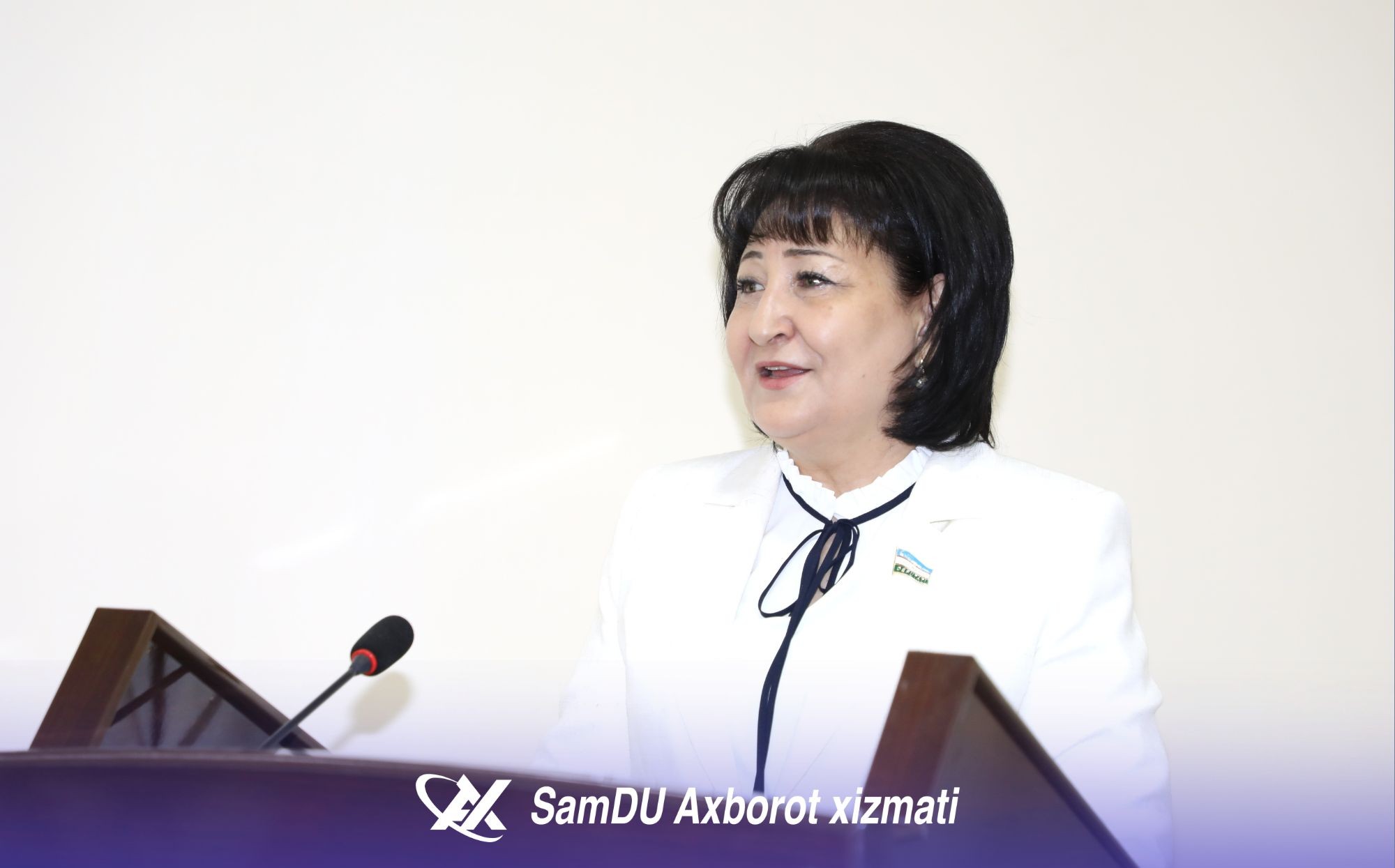
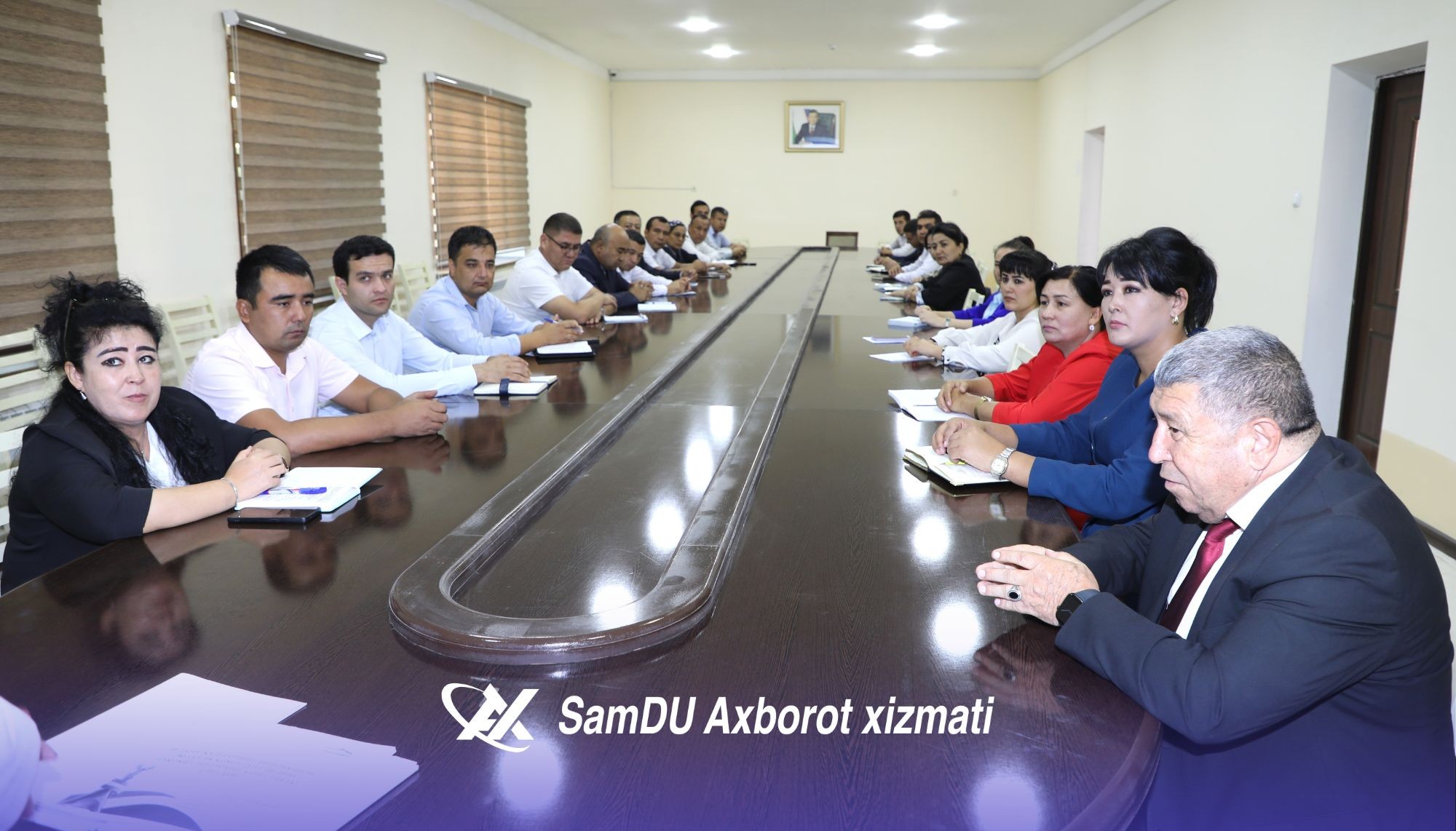
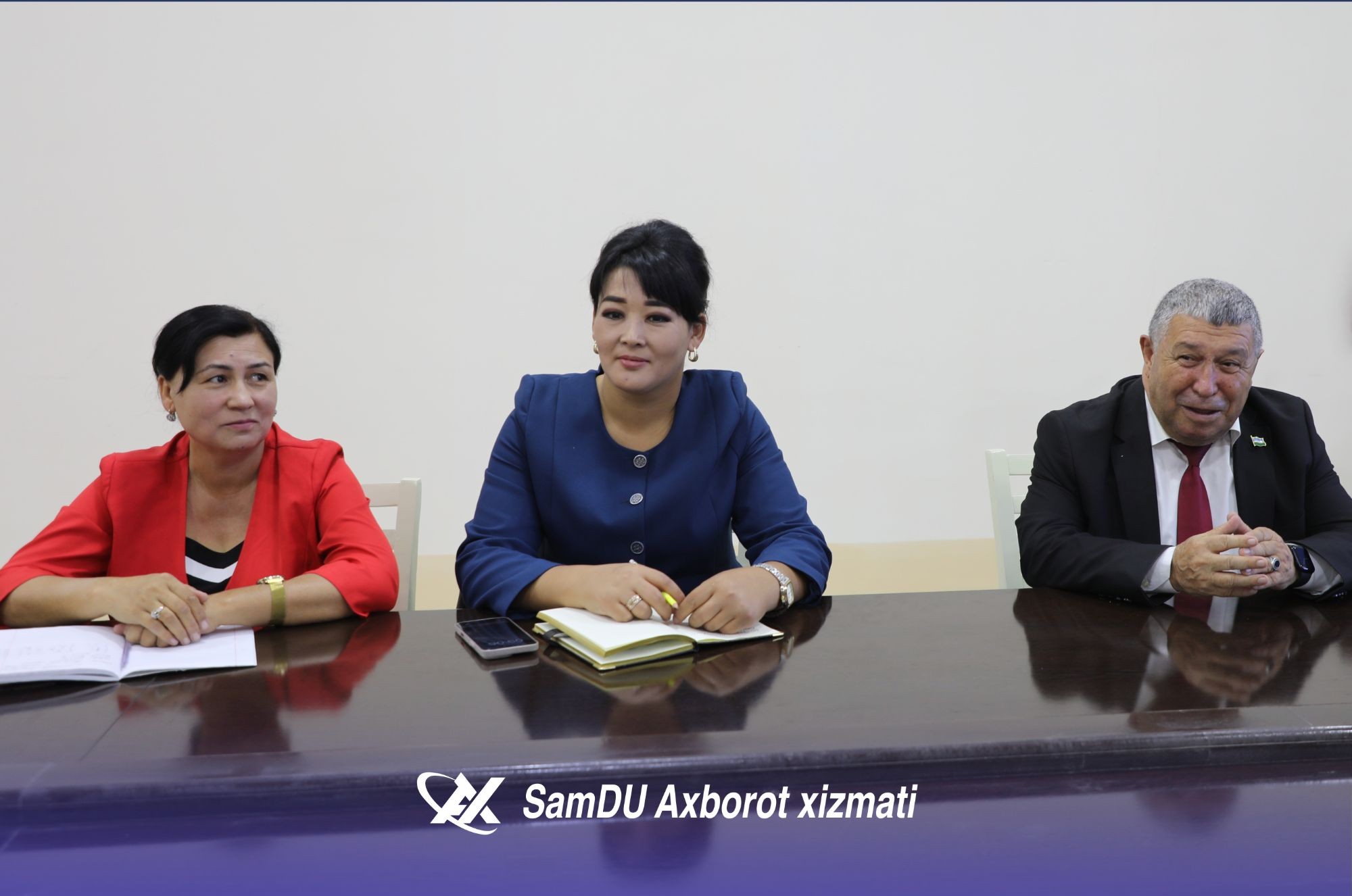
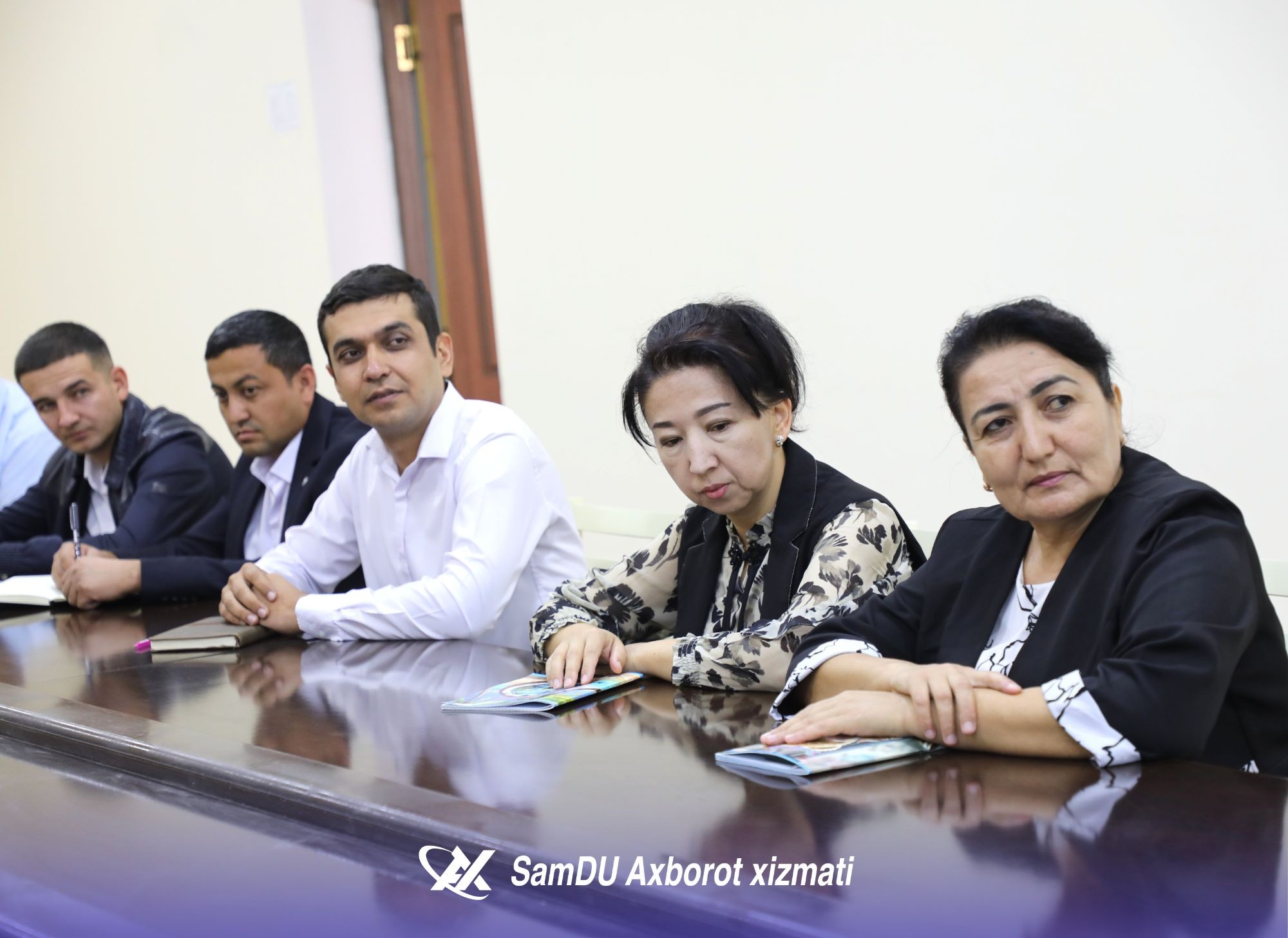
In recent years, Uzbekistan’s initiatives in the field of environmental diplomacy have also been highly praised. Specifically, over the past 7 years, 12 resolutions have been adopted by the UN General Assembly at the initiative of our country. Most of them are dedicated to solving environmental problems in the Central Asian region, protecting the environment, and improving the ecological situation in the Aral Sea region. This demonstrates Uzbekistan’s serious attention to environmental issues on the international stage.
Furthermore, during the event, the priority tasks of the State Program “Year of Environmental Protection and “Green Economy”” within the framework of the “Uzbekistan – 2030” strategy, approved by Presidential Decree No. PF-16 dated January 30, 2025, were discussed. It outlines the following key tasks:
Improving the ecological appearance of mahallas, increasing the level of greenery on streets, and forming an ecologically favorable and prosperous living environment;
Creating conditions for improving public health, fostering an ecological lifestyle, and realizing human potential;
Conserving and rationally using natural resources, ensuring ecological sustainability;
Preserving, multiplying, and passing on flora and fauna to future generations, as well as maintaining biodiversity.
The role of pedagogical staff in implementing this policy is invaluable. They are the primary drivers who instill ecological education, a responsible attitude towards nature, the concepts of a green lifestyle, and sustainable development into the minds of the younger generation. Fostering ecological competence through innovative approaches not only enhances the quality of education but also contributes to the environmentally sustainable development of society.
The seminar-training was significant for expanding the ecological knowledge of pedagogical staff, enhancing their professional competence, and familiarizing them with the priority directions of modern environmental policy. The implementation of Uzbekistan’s national and international initiatives and the priority directions of state programs through the education system elevates the effectiveness of environmental policy to a higher level.
Therefore, the development of innovative and ecological competence among pedagogical staff is a guarantee of our country's future environmental security and sustainable development.

